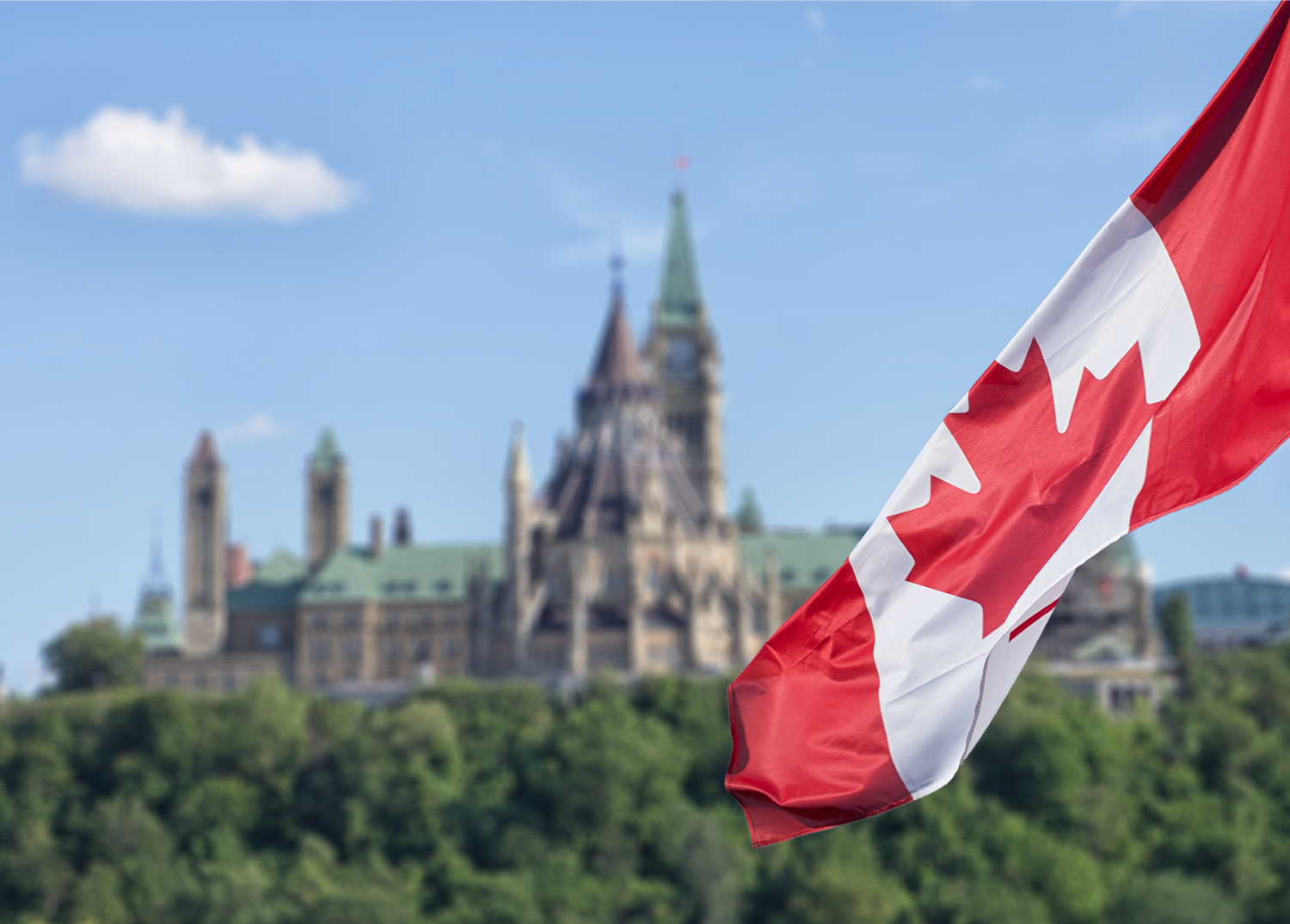Blog /
Canadian Chamber of Commerce Discusses Bill C-78 and the GST Holiday with Senate Standing Committee on National Finance
Canadian Chamber of Commerce Discusses Bill C-78 and the GST Holiday with Senate Standing Committee on National Finance
While the GST pause, scheduled from December 14 to February 15, was introduced rapidly, it did not address the underlying causes of Canada's affordability crisis.

On December 3, 2024, Jessica Brandon-Jepp, Senior Director of Fiscal & Financial Services Policy at the Canadian Chamber of Commerce, appeared before the Senate Standing Committee on National Finance regarding their study of Bill C-78, An Act respecting temporary cost of living relief (affordability).
In her remarks, Brandon-Jepp noted that while the GST pause, scheduled from December 14 to February 15, was introduced rapidly, it did not address the underlying causes of Canada’s affordability crisis.
The recording and full remarks are available below.
Mister Chair and Honourable Members,
It’s a pleasure to appear before you on behalf of 400 chambers of commerce and boards of trade, and more than 200,000 businesses of all sizes, from all sectors of the economy, and from every part of the country.
The Canadian Chamber of Commerce recognizes that Canadians are not feeling optimistic about our economy and affordability of the goods and services they need most. Although this GST pause was announced quickly without consultation, the affordability crisis did not happen overnight, and the fix won’t either. The root causes of Canada’s affordability challenges cannot be fixed with impulsive half-measures or temporary relief implemented with less than a month’s notice.
While the announcement of a GST holiday from December 14 through February 15 is problematic for several reasons, it is also representative of a concerning approach to tax policy writ large:
The tax system is the foundation of our society – of late, government has been using tax policy as a means to implement their political agenda, with seeming disregard to the long-term horizon and certainty required for businesses and Canadians to make adjustments to their affairs. Canadians and businesses are still reeling from trying to respond to the increase in the capital gains inclusion rate and a new digital services tax, which will increase costs for businesses and consumers alike and potentially result in trade retaliation from our largest trading partner.
While CRA has issued guidance quickly on the GST holiday, the implementation of this pause remains burdensome. Businesses are forced to scramble to adjust to these changes with less than a month’s notice, only to change them back two months later. And CRA will continue to be forced to divert resources away from providing guidance on other tax changes such as the proposed increase to the capital gains inclusion rate.
Instead of supporting businesses across the economy, the GST pause picks winners and losers with a specific, and seemingly random, basket of products. While there is no doubt that some businesses will experience a temporary benefit from this measure, others will suffer greatly from the challenges involved in updating their point-of-sale systems to address the complex eligibility criteria for products. Similarly, while some consumers will see a small and temporary tax relief, others will receive little benefit due to their family composition or spending habits.
Despite many businesses not benefitting from the GST pause, the challenges are rippling through Canada’s supply chains. We’ve heard from manufacturers concerned about the creation of an artificial and unusual spike in demand for things Canadians have come to rely on like diapers, potentially leading to shortages. The GST pause doesn’t help, if Canadians can’t find and purchase the goods they rely on.
The Minister has remarked that Canadians should feel positively about our economy because inflation is back down to two percent. Although inflation is beginning to settle, Canadians and businesses are still dealing with the cumulative impacts of the past few years of rising inflation. It’s important to note that inflation has not reversed. It is simply continuing to grow at a slower pace. Canadians remain significantly poorer than before.
All of this comes at a precarious time, with a falling Canadian dollar and tensions with our largest trading partner at the fore. While Canada’s economy grew 1% on an annualized basis in the third quarter, this was still less than the Bank of Canada’s expectations. Canada’s economy continues to underperform our peers and potential. Real GDP per capita fell for the 6th consecutive quarter!
Complex economic indicators cannot change what Canadians are experiencing on the ground: an inability to make ends meet. While businesses certainly have a role to play in ensuring affordability for Canadians, they cannot address the root causes of the challenges Canadians are facing alone.
What we’re still missing to help address our long-term economic challenges, is a clear plan to revive our economy for all Canadians — one that empowers new businesses to launch, helps existing ones grow and create jobs, ensures major projects get built, and keeps supply chains running smoothly without constant disruptions and rising costs. It’s time to move away from tax-and-spend policies and red tape that drive up the cost of goods and services, to move towards an economy that creates opportunities for Canadians. The Canadian Chamber of Commerce’s recent pre-budget submission outlines concrete policy actions the government can take to turn a functioning economy from a “vibe” to a reality.
I would be pleased to answer your questions.
Other Blogs

Protecting Mid-Market Businesses: Cybersecurity for Growing Enterprises

Policy Matters: Why It’s Time to Go All-In on Canada’s Economic Sovereignty



